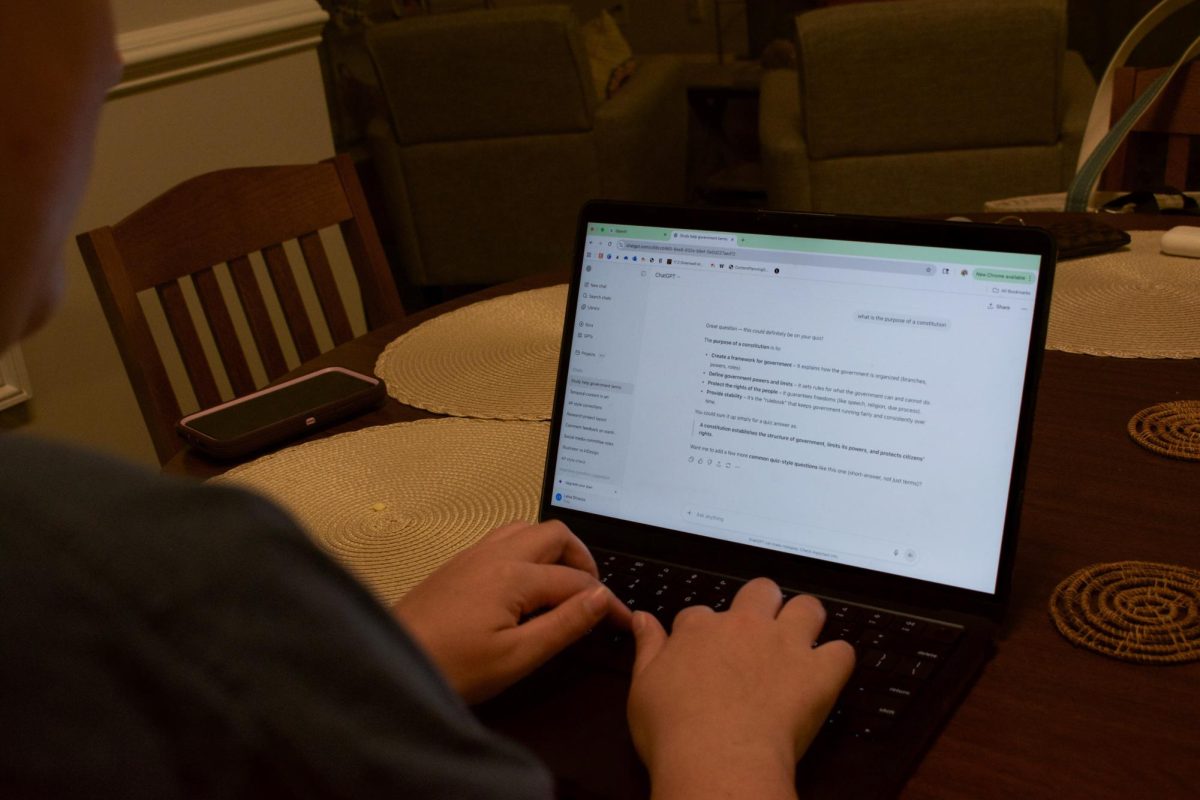Beginning in the Fall 2024 semester, changes made to the structure of the philosophy department’s requirements could help make the major a more desirable, flexible and consistent program of study.
James Bednar is an associate professor of philosophy and the current chair of the department. He says the changes will give majors more time for electives, provide a replacement to the senior directed study and have more concise 300-level requirements.
These changes came after discussions among faculty on what problems the previous requirements had for pulling in prospective majors and minors, as well as making sure philosophy students were able to get a well-defined background in the field while still being able to branch out into their own interests.
“The new changes that were approved all have to deal with the major,” said Bednar. “The new curriculum will be more flexible: there’s actually going to be another elective slot than there was previously.”
The elective requirement will shift from nine credit hours to twelve, giving students a bit more of a choice in which classes they want to focus on. There will also be flexibility in the way seniors get to do their capstone.
“Our senior capstone under our old curriculum really forced (students) to do their capstone during the fall of their senior year,” said Bednar. “That was problematic for a lot of people who wanted to take a study abroad during the fall of their senior year…and for someone who might be double majoring and have another capstone in the fall.”
With this, the department will replace the Senior-Directed Study (Phil-450) with the Advanced Seminar in Philosophy.
This new requirement is a 400-level course that is offered once each semester in the department. In the Fall 2024 semester, the 400-level course will be on political epistemology and the Spring 2025 course will be on phenomenology.
“Majors would have the opportunity of fulfilling that requirement in either the fall or the spring,” said Bednar. “On top of that, you can take that as soon as you declare a major (in philosophy). If you wanted to take the 400-level course your sophomore or junior year, you could.”
The only difference between the 200- and 300-level courses and a 400-level course is that 400-level courses are restricted to philosophy majors and minors, whereas 200- and 300-level courses are open to any Wofford student to fulfill the general education philosophy requirement.
These 400-level courses, because of their changing subjects, would also allow majors and minors to take them multiple times, as compared to the one chance to do a thesis in previous requirements.
“The 400-level courses will have a focus on writing an in-depth paper, just like Phil-450 was, but it will have more scaffolding because the paper will relate to the topic of the course,” said Bednar.
Students will still be able to do a thesis through the Phil-500 honors course, but the 400-level course will replace the normal thesis requirement.
Previous requirements also had majors take three separate 300-level history of philosophy courses, this has been reduced to only one. Other 300-level requirements have been consolidated.
“Everyone will take Principles of Ethics… and a course titled ‘Metaphysics and Epistemology’. Those courses will be offered every year rotating among a couple faculty with a fairly stable content from year to year,” said Bednar
There will also be an additional course, Philosophical Methods (Phil-300), that will be required for all philosophy majors. This course will outline the specific skills expected of majors in 300- and 400-level courses, such as what philosophy-specific reading and writing looks like.
“What (these 300-level requirements) will do is actually create a more shared experience for our majors and minors,” said Bednar. “It will create more familiar content that upper-level teachers can appeal to in other courses.”
These changes will begin to take effect in the fall 2024 semester, but other than the 400-level class, current majors will not be required to take the new requirements.































